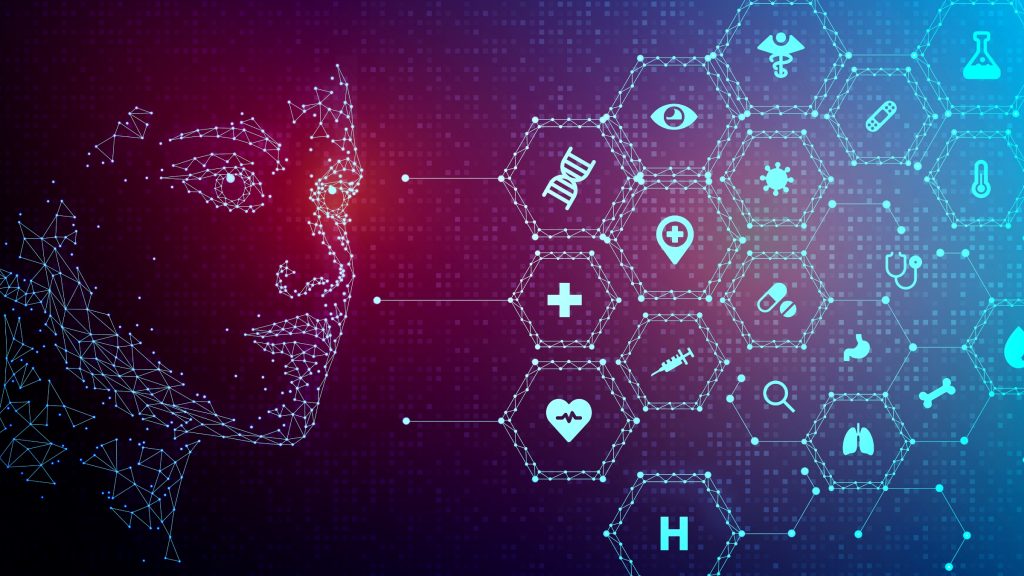
Insilico Medicine showcased to the BBC a green diamond-shaped pill for rare lung disease without a cure, idiopathic pulmonary fibrosis (IPF), highlighting the bigger role of generative AI in drug discovery, according to CEO, Alex Zhavoronkov.
The role of generative AI in drug discovery through Insilico Medicine promises to make the process faster, cheaper, and more effective at bringing new treatments to patients. Among companies initiating AI in drug discovery to design unimaginable drugs alongside Insilico Medicine is Recursion Pharmaceuticals.
AI Companies in Drug Discovery
Alex Zhavoronkov, chief executive of Insilico Medicine, revealed that the new drug has shown promise in clinical trials, a bright demonstration of the potential of generative AI in drug discovery.
The MedTech company uses the generative AI to identify targets in diseases and design treatment molecules, limiting the burden of time and cost involved in drug discovery.
Zhavoronkov company currently has six AI-designed molecules in clinical trials, with many more in development. For instance, its IPF drug was developed in a record 18 months after testing only 79 molecules, compared to four years and 500 molecules in traditional drug development.
“We may be the furthest along the path,” says Zhavoronkov, underlining how AI is accelerating the process.
AI Transforms Drug Development
Application of AI in drug discovery is now changing the two processes. Firstly, identification of the therapeutic targets and secondly, design of novel molecules with generative AI targeting interaction by finding the molecular feature in big biological data sets. Moreover, drug discovery in AI helps in minimizing the use of trial-and-error methodology.
“AI could make an enormous difference for patients,” says Chris Meier at BCG.
Analysts say AI could shrink the typical 10-to-15-year process of developing drugs and costing over $2 billion. By simplifying the discovery phase, AI cuts cost and raises the success rate in a sector where only 10% of new drugs entering clinical trials succeed.
US-based Recursion Pharmaceuticals is one of the pioneering companies in AI-powered drug discovery, identifying a new drug for the treatment of lymphoma and solid tumors, currently in early clinical trials. This proves the role of generative AI in drug discovery, says Chris Gibson, the Chief Executive Officer at Recursion.
“Once we can show these molecules can outperform traditional approaches, then people will see this is the future of drug development,” Gibson said.
The State of AI in Drug Discovery
AI will be used side by side with human experts to further enhance AI in drug discovery market. Challenges still exist, which is the shortage of diverse data that feeds AI systems.
Evidently, from what the world has seen in the past, AI will make a huge change in drug development, it reduces time and cost while enhancing success rates, hence allowing more treatments to reach patients with increased speed and efficiency.
The role of generative AI in drug discovery will change the industry of medicine with companies like Insilico Medicine and Recursion Pharmaceuticals showing AI’s accelerated development for everything from rare diseases to cancer treatments.
Technology will only continue to get better, thus promising a bright future of medicine and faster, more effective treatments for patients all over the world.
Inside Telecom provides you with an extensive list of content covering all aspects of the Tech industry. Keep an eye on our Medtech section to stay informed and updated with our daily articles.